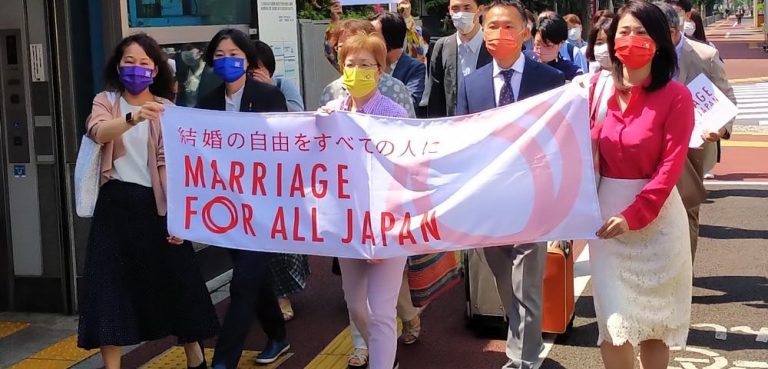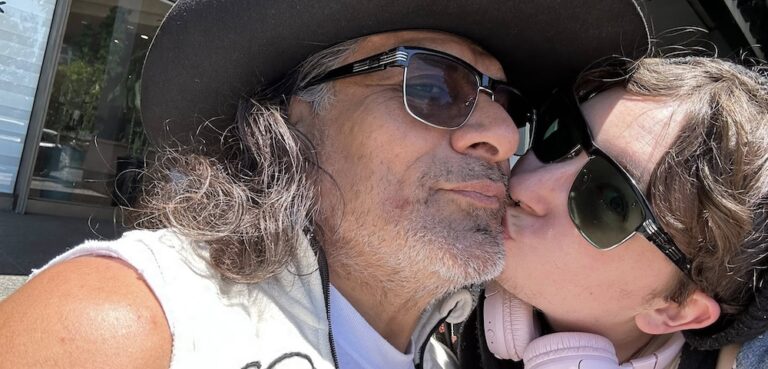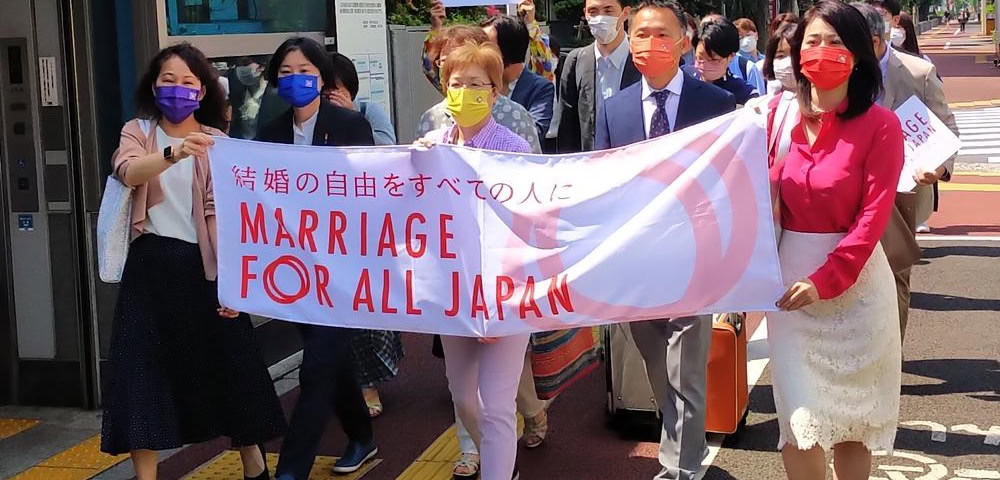
Texas Judges Given Green Light To Refuse Same Sex Weddings

In a concerning development for the LGBTQIA+ community in America, the Texas Supreme Court has quietly amended the state’s judicial code to allow judges to decline marrying same sex couples on religious grounds.
On October 24, the court issued a revised comment to the Texas Code of Judicial Conduct stating that “It is not a violation of these canons for a judge to publicly refrain from performing a wedding ceremony based upon a sincerely held religious belief.”
That means Texas judges may now refuse to perform marriages for same sex couples if they claim those marriages violate their “sincerely held religious beliefs”.
The change comes as part of a legal fight initiated by judge Brian Umphress, who challenged the State Commission on Judicial Conduct’s decision to sanction fellow judge Dianne Hensley in 2019. Hensley had refused to marry same sex couples and was publicly reprimanded. The Commission later withdrew its sanction last year, after Hensley’s lawsuit alleged violations of her religious freedom.
The rights organisation First Liberty Institute, which represented Hensley, celebrated the decision. “Now going forward, every judge in Texas will enjoy the freedom Judge Hensley has fought so hard for in her case,” said executive general counsel Hiram Sasser.
Legal experts warn that the fight is not over. “We’ve suggested in our briefs what we think they oughta say, but that’s what makes an appeal,” said attorney Douglas Lang, who represents the Commission.
University of Illinois law lecturer Jason Mazzone added that refusing to officiate same sex weddings may still breach the U.S. Constitution’s Equal Protection Clause.
“One of the claims that I think will be made in response to litigation that is likely is that, ‘well, there are other people who can perform the wedding ceremony, so you can’t insist that a particular judge do it,’” he said.
“But that, of course, is not how equal protection works, and it’s not how we expect government officials to operate.”
Since the landmark Obergefell v. Hodges ruling in 2015, same-sex marriage has been legal across America.
But this new Texas rule represents a potentially major back step for marriage equality, especially for queer folks living in Texas who may face uncertainty around who will or will not officiate their wedding.
For the LGBTQIA+ community this means added vulnerability. Even though marriage is still legally protected, state-level discrimination may now be in practice, allowing space for judges to pick and choose whom they marry.










